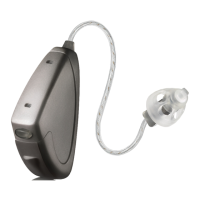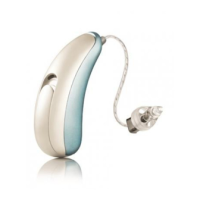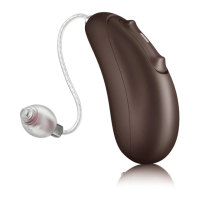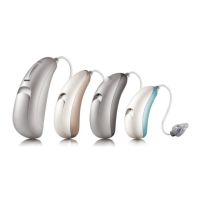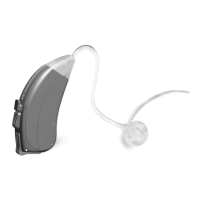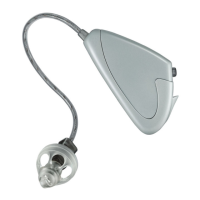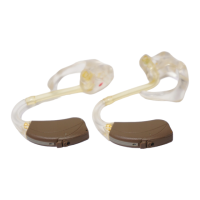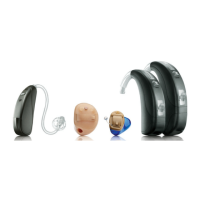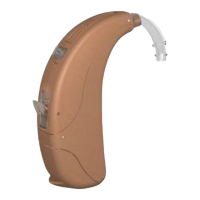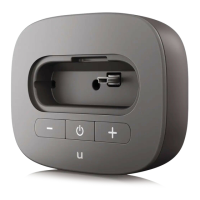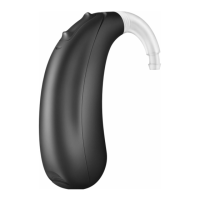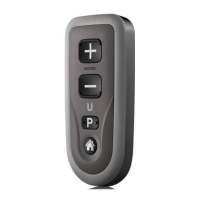66 67
The hearing care professional may decide
that a referral is not appropriate or in the
best interest of the patient when the fol-
lowing applies:
• When there is sucient evidence
that the condition has been fully
investigated by a medical specialist
and any possible treatment has been
provided;
• The condition has not worsened or
changed signicantly since the previ-
ous investigation and / or treatment.
If the patient has given their informed and
competent decision not to accept advice
to seek a medical opinion, it is permissi-
ble to proceed to recommend appropriate
hearing aid systems subject to the follow-
ing considerations:
• The recommendation will not have
any adverse eects on the patient's
health or general well being;
• The records conrm that all nec-
essary considerations about the
patient’s best interests have been
made.
If legally required, the patient has signed
a disclaimer to conrm that the referral
advice has not been accepted and that it
is an informed decision.
Clinical benet:
Hearing aid: Improvement of speech
understanding.
Tinnitus feature: tinnitus feature provides
supplementary noise stimulation which
can help defocus the user's attention
from their tinnitus.
Charger: The charger itself does not pro-
vide a direct clinical benet. An indirect
clinical benet is provided by enabling
the parent device (rechargeable hearing
aids) to achieve their intended purpose.
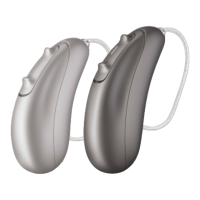
